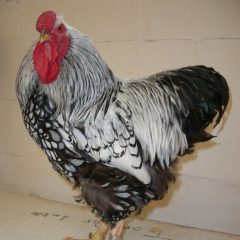Bear meat for sale website is using a security service to protect itself from online attacks. The action you just performed triggered the security solution.
There are several actions that could trigger this block including submitting a certain word or phrase, a SQL command or malformed data. What can I do to resolve this? You can email the site owner to let them know you were blocked. Please include what you were doing when this page came up and the Cloudflare Ray ID found at the bottom of this page. Your IP: Click to reveal 46. Enter the characters you see below Sorry, we just need to make sure you’re not a robot. Ursidae occurring in the tropical forests of Southeast Asia.
It is mainly active during the day, though nocturnality might be more common in areas frequented by humans. The range of the sun bear is bound by northeastern India to the north and extends south to southeast through Bangladesh, Cambodia, Myanmar, Laos, Thailand and Vietnam in mainland Asia to Brunei, Indonesia and Malaysia to the south. The sun bear is named so for its characteristic orange to cream coloured, crescent-like chest patch. The scientific name Ursus malayanus was proposed by Stamford Raffles in 1821 who first described a sun bear from Sumatra. Its skull is smaller than that of the Malayan sun bear. Pierre Marie Heude in 1901 from Annam, is not considered a distinct species, but is subordinated as a junior synonym to H.

The phylogenetic relationships among ursid species have remained ambiguous over the years. The sun bear is the smallest of all bear species. It is stockily built, with large paws, strongly curved claws, small rounded ears and a short snout. During feeding, the sun bear can extend its exceptionally long tongue to extract insects and honey. Sun bears are among the most arboreal of bears.
